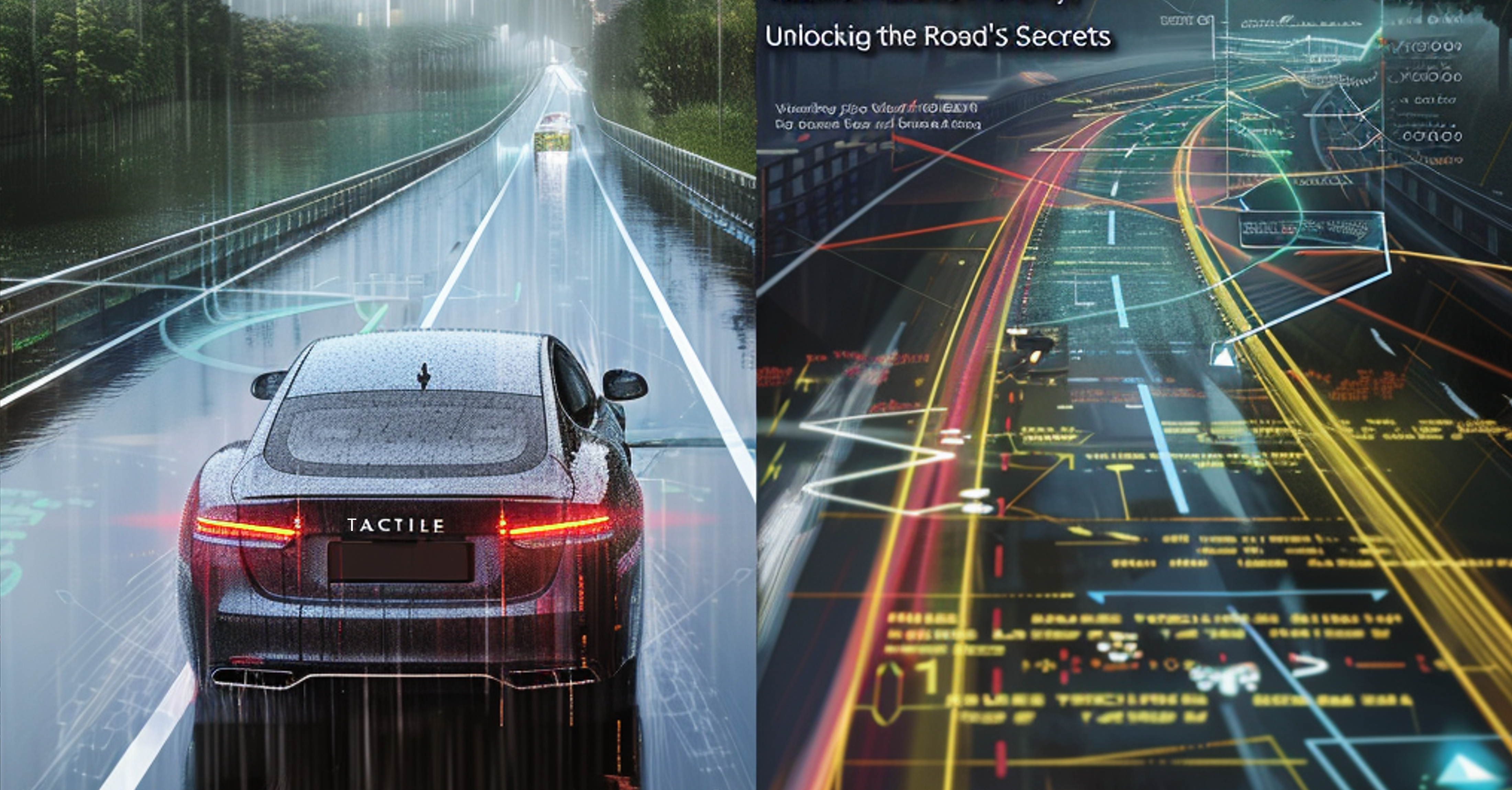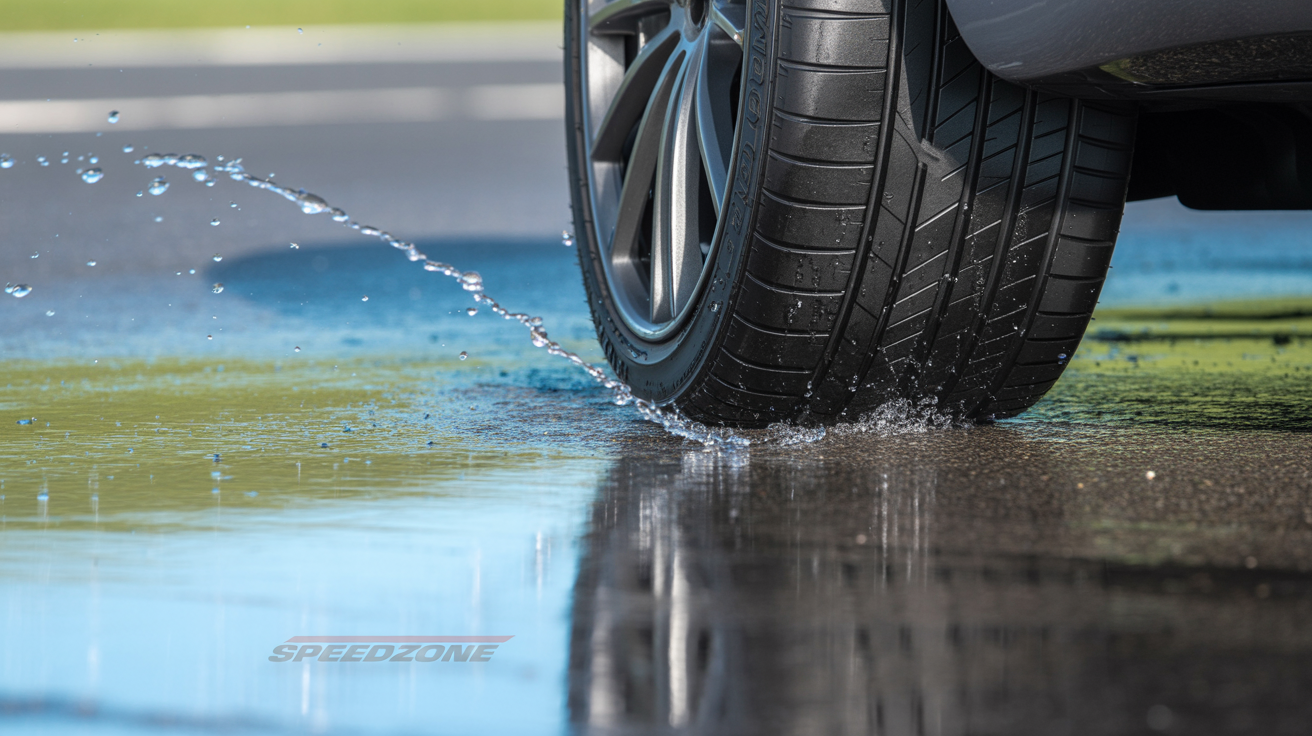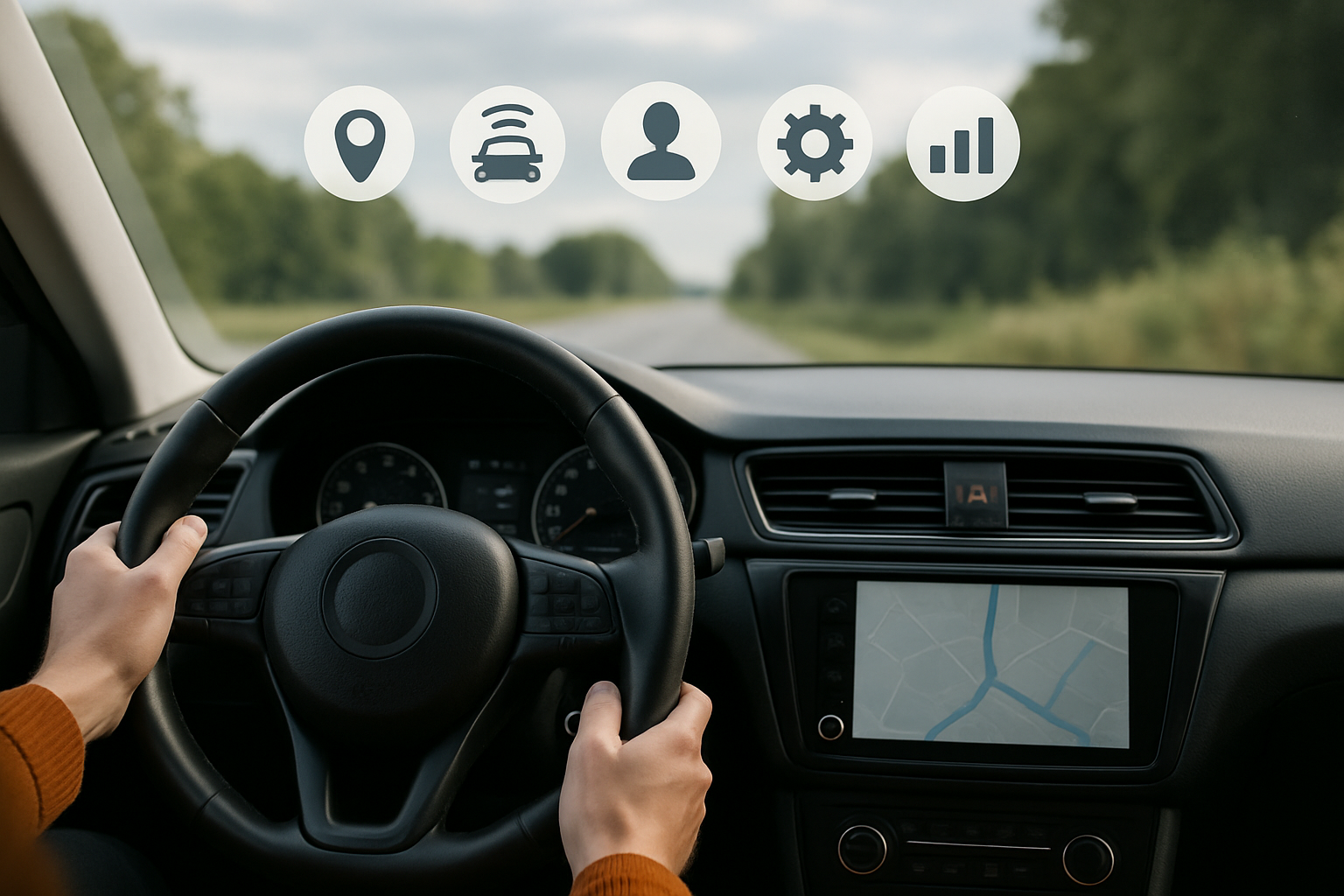Tactile Mobility is one such company, delivering enhanced road data using existing technologies found throughout our cars, utilising AI and sensors to map out road conditions, forecast changes in roadway friction and accurately predict maintenance issues.
Podcast guest Boaz Mizrachi, Founder and CTO of Tactile Mobility explains how the solution is based on onboard processing, for offboard understanding:
“On one hand, we need a lot of information, okay, large bandwidth of information that exists today in the vehicle, which cannot be uploaded to the cloud due to limits of communication bandwidth, even today, even in the next few years,” he says. “So there is a need to have edge computing software that aggregates the same information inside the vehicle gets to the conclusion in the vehicle inside the ECU and only the outcomes, those insights with very low bandwidth transmission can be uploaded to the cloud.”
He explains how manufacturers have had to collaborate with software providers for four-to-five years before production to integrate software, and that the value of virtual sensor technology lies in providing new features to vehicle manufacturers, who can then sell these features as premium upgrades.
The data could also be used for post-accident investigation, if rules around data privacy allows it.
“Changing of the friction due to situations like rain… or banking, or curving… this is part of the road signature that we provide with these vehicles,” he adds, calling it “surface DNA”. “So surface DNA will provide this information that you can analyse”.
![]()
Published originally on Highways News


